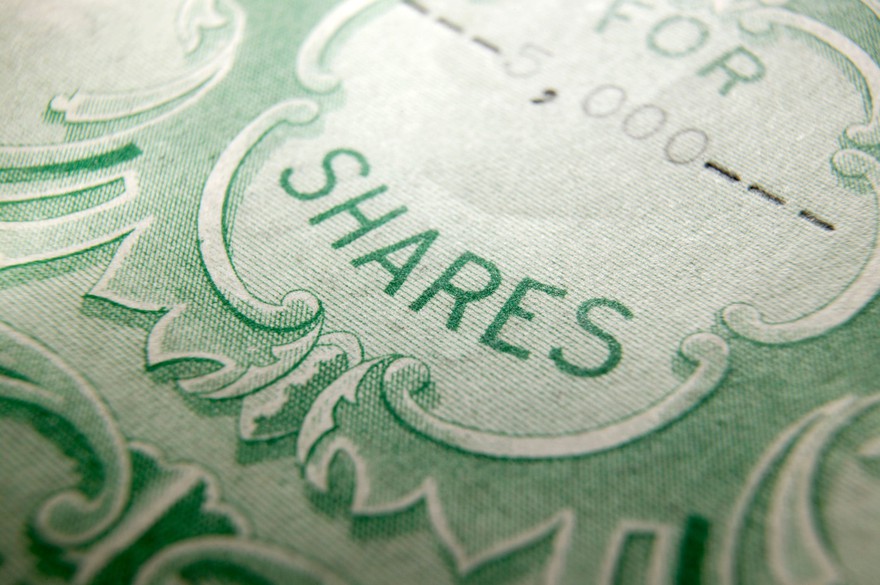Investing has a language all its own, from terms relating to a company's finances to words for different investing methods. "What is a shareholder?" is a question that comes up often. Simply put, it's just one of many terms for people who put their money into a company. Let's explore what that really means.

Dividend Payments
Majority shareholders own the majority of a company's shares -- with more voting power than the rest of the owners combined -- known as control stock. The control stock is often held by the company's original owners or their descendants unless the company has been acquired or otherwise sold. This allows the majority shareholders to retain the final say in important decisions about the company.
Preferred versus common stock
Another thing to consider as a shareholder is whether you hold preferred or common stocks. When people talk about buying stocks on the stock market, they're usually referring to common shares. These are the company's most common shares and the easiest for regular investors to buy.
Preferred stock often offers higher dividends and asset distribution than common stock but usually has no voting rights. However, it offers tax advantages for institutional investors and allows them to invest in companies before an initial public offering (IPO) is launched that offers common stock.
Values tend not to fluctuate as much, making it attractive to institutional investors. Preferred stock can also sometimes be converted to common stock.
Related investing topics
Common stock offers voting rights and a great deal more potential to see massive gains over the longer term. That makes it very attractive for regular investors.
Unlike preferred stock, which tends not to appreciate as much, common stock often sees much higher appreciation over time, even though they're behind bonds and preferred stock if a company liquidates and distributes whatever assets remain.



















